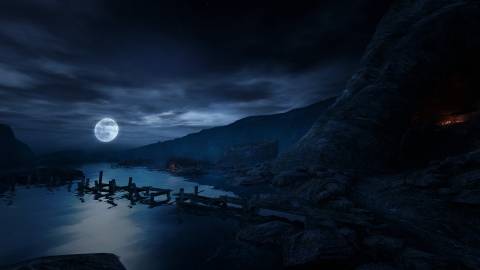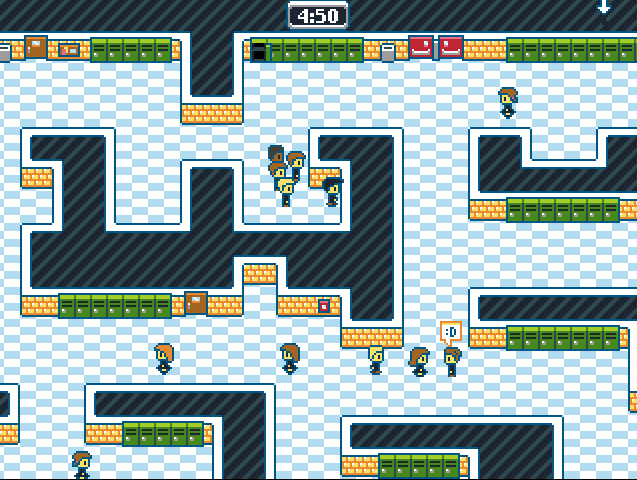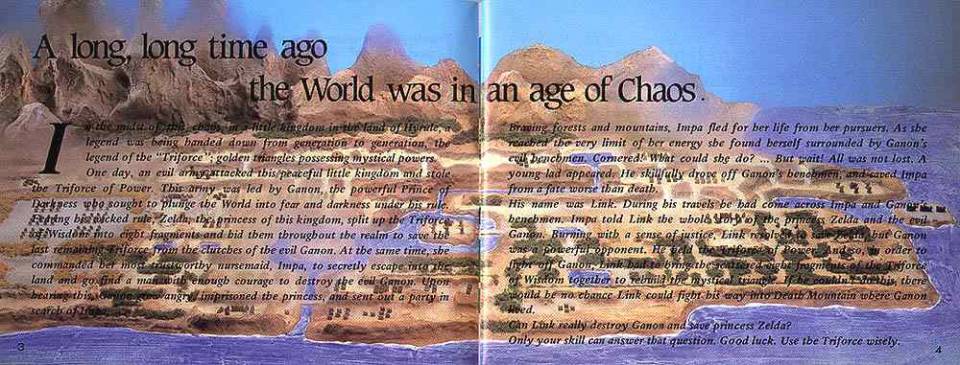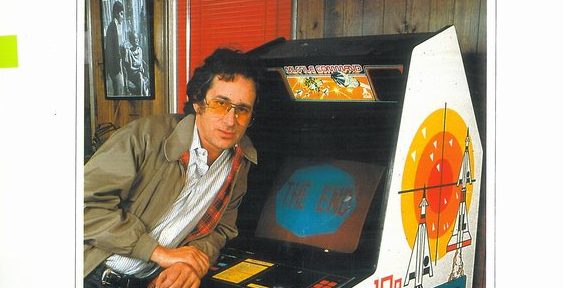
Okay, we’re going to officially make this a thing.
Worth Reading is a Friday feature that doesn’t have a specific mandate except to broaden the scope of what’s discussed on Giant Bomb without diminishing our basic philosophy of “less is more.”
There’s a reason Giant Bomb’s news section doesn’t have many posts each day. If you want updates every few minutes, exhaustively covering every corner of the industry, there are other places to suit your needs. That said, I do read a lot, and I've wanted to incorporate what I come across in some meaningful way.
If I come across a neat little game that’s worth checking out but not deserving of 500 words of praise or criticism, you’ll find it here. If I’ve read a particularly insightful essay that has some material worth considering, an excerpt could end up here. Basically, it’s a Friday-timed dump of good stuff for you to peruse while we all enjoy the weekend.
Cool.
(And, yes, I'm aware there are things in here that aren't just about reading. Who cares!)
Hey, You Should Play This: The Love Letter

I’m still coming across interesting games from the recent Ludum Dare game jam, whose theme was “alone.” The Love Letter, made by design and programming duo "axcho" and "knivel," is an incredibly simple video game that I won’t tell you much more about, and instead ask you to just play it. It won’t take you more than five minutes (literally), and it’s a great example of what game jams often produce: short games that beautifully execute simplicity.
And Maybe You Should Read These:

The next time someone asks me “What should video game criticism look like?” I’ll point them to this article from Tevis Thompson, in which he tears apart modern Zelda games for losing what made Zelda games special. Thompson’s piece works because he knows what the hell he’s talking about, and criticism on this level is only possible after experiencing a series of works over many, many years and coming to a deep understanding of why they resonate.
“The point of a hero’s adventure (and Zelda is the hero’s adventure in gaming) is not to make youfeel better about yourself. The point is to grow, to overcome, to in some way actually become better. If a legendary quest has no substantial challenge, if it asks nothing of you except that you jump through the hoops it so carefully lays out for you, then the very legend is unworthy of being told, and retold. Death and punishment for failure are not outdated old-school notions, too demanding for the new eggshell generation. Nor are they too grim for the charm and wonder essential to Zelda’s tone (Mario proves you can be both delightfully whimsical and motherfucking hard). Meaningful difficulty, in which successes are owned and failures chastise rather than annoy, would more deeply engage the player, making her responsible, necessary, worthy of the legend. Not just the recipient of a gold star, the kind you get for showing up.”

Did you know British author Martin Amis (Money, London Fields) wrote a book about games? If you asked Amis, he’s probably deny the book ever existed, but Mark O’Connell has a piece about the mostly lost work on The Millions. O’Connell discovered the book in a library, scanned the incredibly sleazy photograph of Steven Spielberg that’s part of Spielberg’s opening to the book, and walks us the through the weirdness that is Invasion of the Space Invaders.
He is almost as enthusiastic about PacMan, although you get the sense that he sees it (in contrast to Space Invaders) as a fundamentally unserious endeavor. “Those cute little PacMen with their special nicknames, that dinky signature tune, the dot-munching Lemon that goes whackawhackawhackawhacka: the machine has an air of childish whimsicality.” His advice is to concentrate stolidly on the central business of dot-munching, and not to get distracted by the shallow glamor of the fruits: “Do I take risks in order to gobble up the fruit symbol in the middle of the screen? I do not, and neither should you. Like the fat and harmless saucer in Missile Command (q.v.), the fruit symbol is there simply to tempt you into hubristic sorties. Bag it.” Curiously, for a writer so deeply preoccupied with stylistic refinement and playful innovation — who elevates the pleasure principal to a sort of aesthetic moral law — Amis favors a no-frills approach to gaming. The following piece of Polonian advice pretty much encapsulates his whole arcade ethos: “PacMan player, be not proud, nor too macho, and you will prosper on the dotted screen.” I’m no expert, I’ll admit, but I’ll go out on a critical limb here and suggest that this might be the sole instance of the use of the mock-heroic tone in a video game player’s guide.
***
See you guys on Monday. I hear we love that day.
162 Comments